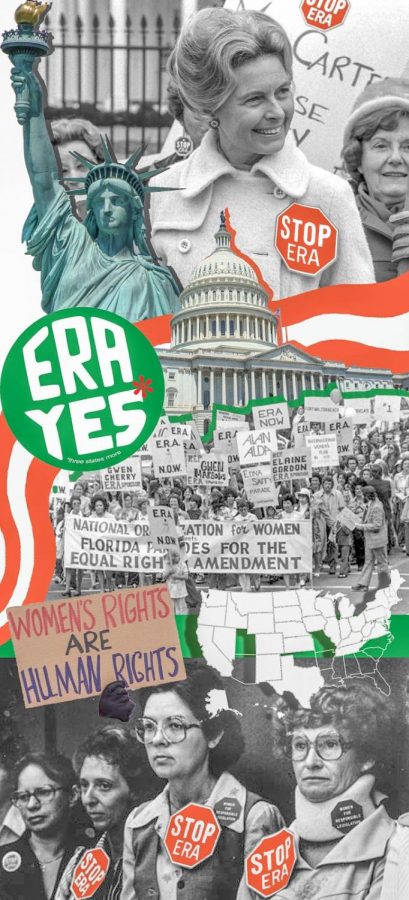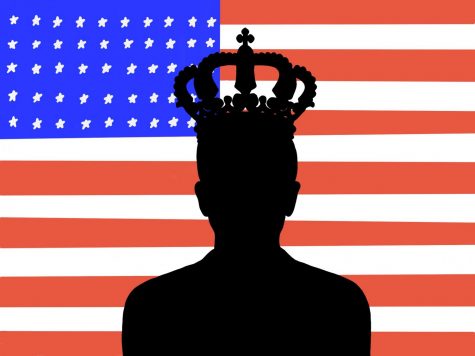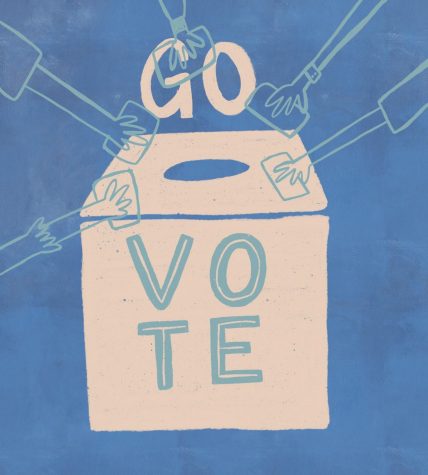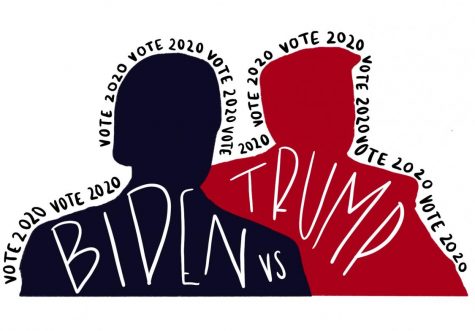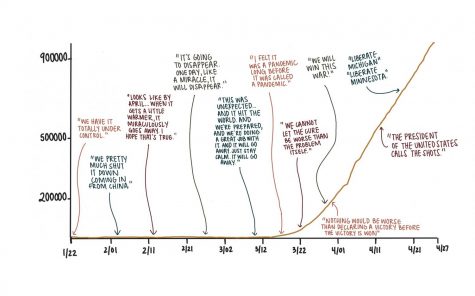E.R.A..Now?
“Equality of rights under the law shall not be denied or abridged by the United States or by any State on account of sex.” At 24 words, the Equal Rights Amendment (ERA) is (or perhaps was) one of the least verbose yet most controversial proposed constitutional amendments in American history. Originally conceived shortly after the ratification of the 19th amendment, which gave American women the right to vote, there was a huge push for the ERA’s ratification in the ’70s and early ’80s. Despite its initial popularity, the ERA failed to be ratified by the required ¾ of the states needed to add it to the Constitution by the amendments deadline in 1982. While the deadline has long since passed, a renewed effort to bring the ERA back resulted in its ratification in Illinois, Virginia and Nevada. These three states put the ERA past the threshold needed to add the amendment to the U.S. Constitution.
The next steps for the ERA remain foggy; there are even some states that have attempted to rescind their ratification of the amendment. The first hurdle the ERA has to clear, however, is its original unpopularity. Proponents of the ERA said that the amendment would enshrine the rights of women in the Constitution and allow for a legal precedent protecting gender equality to develop naturally. Detractors claimed that the ERA would do more harm than good for women, arguing that the amendment would be used to justify a woman’s military draft and would take away the “easy” living of American housewives. Phyllis Schlafly, a St. Louis-born conservative activist, spearheaded the anti-feminist movement that opposed the ERA. Schlafly and her followers vehemently disavowed the ERA as an attack on women, rather than as a measure to protect them. They said that it would be used to enshrine abortion as a permanent law of the land, justify women’s inclusion in any future military draft and remove women from their rightful place as homemakers.
Schlafly’s rigid perspective on gender roles and her talent for thriving on the fears of her female compatriots allowed for her to wage a kind of war on the ERA. “ERA means abortion funding, means homosexual privileges, means whatever else,” Schlafly said in 1999, some 17 years after her supposed victory over the ERA. In fact, Schlafly’s continued existence left most proponents of the amendment feeling hopeless for any future push towards ratification. It was only in 2017, a year after Schalfly passed away, that the Nevada state legislature felt confident enough to move forward with ratification.
The second hurdle the ERA has to clear is its expired ratification deadline. The original deadline for ratification was in 1979, but Congress authorized an extension to 1982, which the states again failed to meet. Using this logic, ERA supporters argue that the deadline can be extended once again by Congress. Indeed, there is precedent for amendments to be ratified and added to the Constitution long after they were proposed. The 27th amendment, added to the Constitution in 1992, was actually proposed in 1789, shortly after the founding of the country. After being largely forgotten for a record 202 years, the amendment was revived and became the most recent addition to the laundry list of amendments that have been tagged onto the U.S. Constitution. Given the ERA’s controversy, legal battles against extending the deadline are all but certain, which will inevitably delay further progress on the ERA’s acceptance.
The third hurdle the ERA has to clear is the states that have taken back their ratification. During and after the anti-feminist push to stop the ERA, five states have rescinded their prior ratification of the amendment, but to mixed reactions. Legal scholars continue to debate whether or not a state can legally rescind a prior ratification. No precedent concerning the subject matter exists, and the Constitution is silent on the topic. Proponents of the ERA say such action is illegal, while opponents claim the opposite. More likely than not, this hurdle will be confronted in the courts when the time comes.
Since its conception in 1923, the ERA has been through some of the best and worst times this country has ever seen. Women have helped society through it all; from the working woman of the Great Depression, to the Rosie Riveters of World War II, to the crusading feminists and advocates of today’s day and age, women have been essential in the continued development and existence of our country. These people deserve the ERA, and they deserve the acknowledgment of our country for all that they do. Ratify the ERA now!
Your donation will support the student journalists of Saint Louis University. Your contribution will help us cover our annual website hosting costs.



